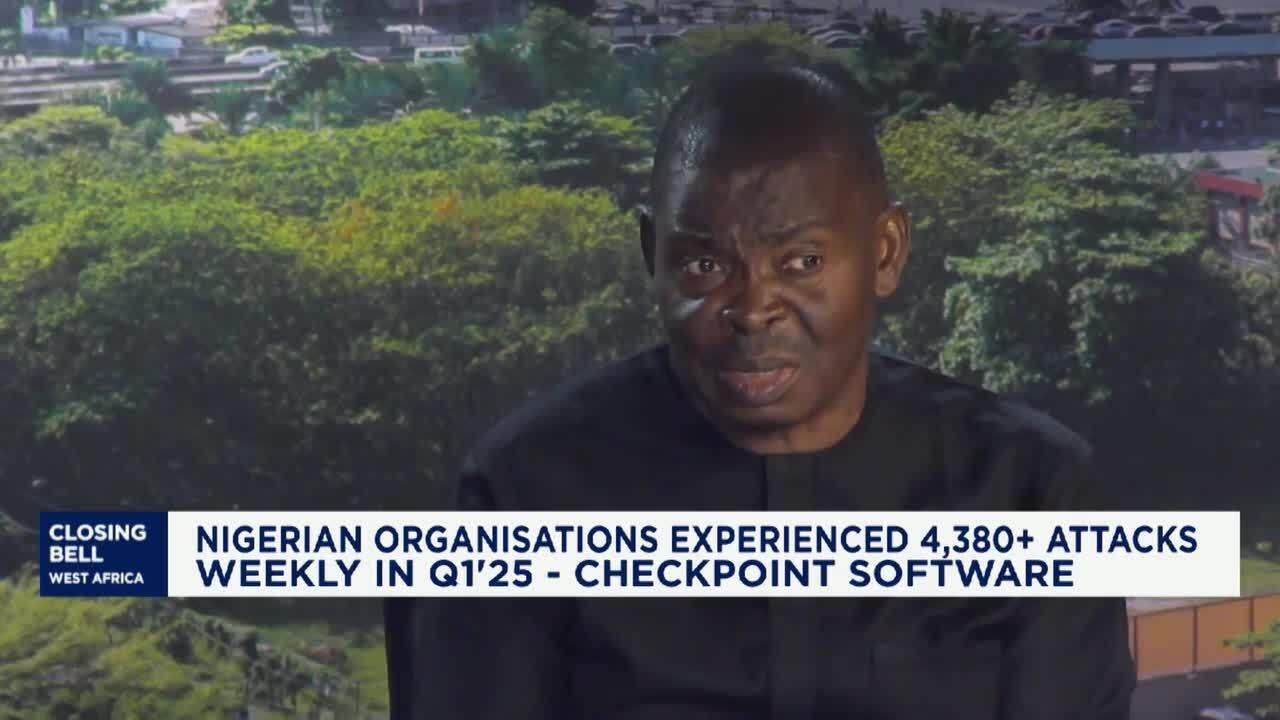Cyber-Threat Surge Across Africa Drives Focus To Nigerian Summit
Kaspersky reports a dramatic escalation in cyber‐attacks across Sub‐Saharan Africa during the first half of 2025 as the company prepares to lead discussions in Lagos on strengthening regional defences. Data shows that web‐based threats soared to 42.4 million incidents, while on‐device attacks-including malware delivered via USB drives and hidden installers-reached 95.6 million, both representing sharp increases from a year earlier. Spyware attacks more than doubled, password‐stealer incidents rose by 64 per cent, and backdoor infections climbed 12 per cent. These concerning trends frame the agenda for Kaspersky's participation in GITEX Nigeria, scheduled for early September.
In Nigeria specifically, Kaspersky blocked 1.46 million online attacks in the first half, affecting almost one in five users, and prevented 4.97 million on‐device threat attempts-which targeted 28.6 per cent of users. Despite a 52 per cent decline in overall phishing detections, finance‐related phishing surged by 46 per cent, resulting in over 595,000 such incidents.
Industrial environments are not spared: 26.5 per cent of computers in industrial control systems in Nigeria saw blocked attacks, with the construction, engineering and integration, power energy, and biometrics sectors among the most affected. Across Africa, Nigeria ranks among those with the highest ICS-targeted malicious activity intercepted.
Drilling deeper into the broader regional landscape, Kaspersky's Africa Cyberthreat Landscape Report reveals that from 2023 to 2024, Africa experienced a 14 per cent increase in spyware attack detections on businesses, along with a 26 per cent rise in password‐stealer incidents. The continent recorded over 131 million web threats in 2024, with nearly 20 million in Kenya, 17 million in South Africa, and 12.6 million in Morocco. Web‐based threat detections increased by 1.2 per cent among businesses year on year.
See also Bluesky Withdraws from Mississippi Following Court's Approval of Age-Check LawOn‐device threats in organisations rose 4 per cent overall, with Nigeria particularly hard hit-witnessing a 169 per cent increase. Other countries such as Ethiopia, South Africa, Senegal, and Morocco also saw notable uplifts.
Lead cybersecurity researcher Maher Yamout emphasises that hybrid working models, rapid digitisation often without corresponding security investments, and the expansion of digital financial services amid low digital literacy are creating fertile ground for cyber‐criminals, targeting both organisations and consumers. He calls for collaborative efforts, cybersecurity training, and digital literacy campaigns to bolster resilience.
GITEX Nigeria will feature Kaspersky-led workshops aimed at building a cyber‐aware workforce, securing containerised cloud environments, monitoring live threats, and engaging decision‐makers in interactive simulations. These initiatives align with a recent memorandum of understanding signed with Nigeria's Small and Medium Enterprises Development Agency, underscoring an effort to equip SMEs with essential digital defences.
Notice an issue? Arabian Post strives to deliver the most accurate and reliable information to its readers. If you believe you have identified an error or inconsistency in this article, please don't hesitate to contact our editorial team at editor[at]thearabianpost[dot]com . We are committed to promptly addressing any concerns and ensuring the highest level of journalistic integrity. Legal Disclaimer:
MENAFN provides the
information “as is” without warranty of any kind. We do not accept
any responsibility or liability for the accuracy, content, images,
videos, licenses, completeness, legality, or reliability of the information
contained in this article. If you have any complaints or copyright
issues related to this article, kindly contact the provider above.
Most popular stories
Market Research

- Origin Summit Debuts In Seoul During KBW As Flagship Gathering On IP, AI, And The Next Era Of Blockchain-Enabled Real-World Assets
- What Are The Latest Trends In The Europe Steel Market For 2025?
- United States AI Governance Market Size, Demand, Growth & Outlook 2033
- NOVA Collective Invest Showcases Intelligent Trading System7.0 Iterations Led By Brady Rodriguez
- North America Perms And Relaxants Market Size, Share And Growth Report 2025-2033
- Canada Real Estate Market Size, Share, Trends & Growth Opportunities 2033






















Comments
No comment